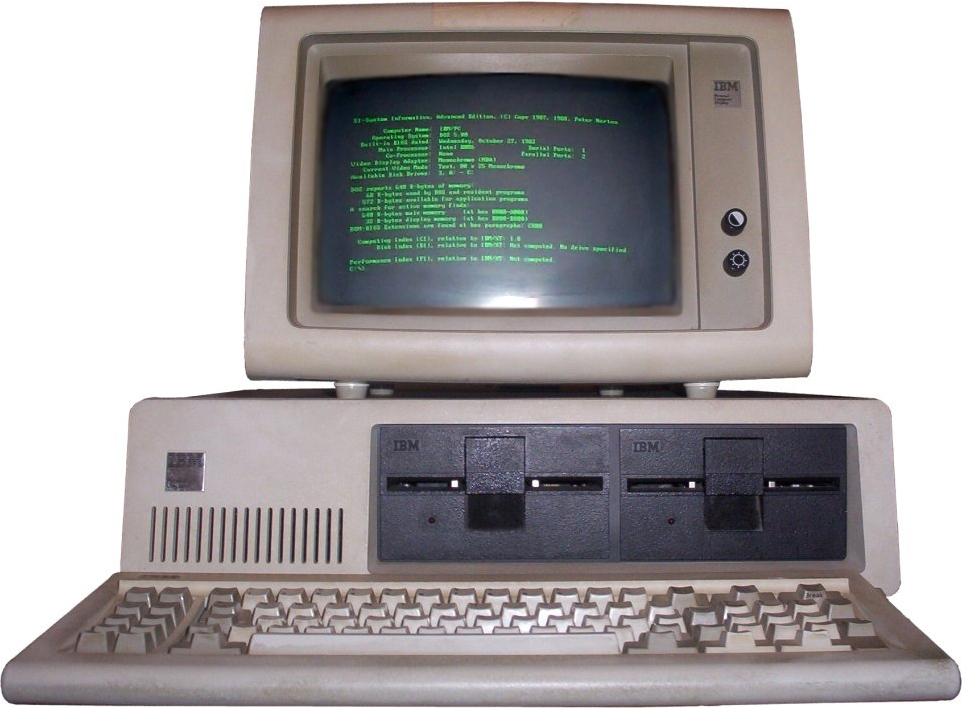Since news of the Xbox One policy reversal, people have been lauding Sony for doing the right thing and standing up for gamers. When Microsoft trotted out their DRM packed plans for the future of gaming (TV), Sony stood to the side and offered us the old way of console gaming. But why? The obvious answer is because they stood to gain a lot of money. By keeping things the same, they capitalized on the fan backlash of the XBOX One DRM policies and were rewarded with an exodus of gamers from Xbox to PS4.

Before the outright backlash, however, they wouldn't have known how Microsoft's policy would be received. What if gamers were okay with this policy? What if, even with all the DRM, xbox was still able to stay competitive in sales? Sony would be put in a tough position. Microsoft would be making crazy amounts of money off of fees and publishers would be far more likely to give the xbox exclusives since it would be perceived as the more controllable system. Sony wouldn't be able to compete, financially. I imagine that they were tempted to do the same, but ultimately didn't.
Sony made the right choice this year, but as far as I can see, it was the only choice they had. Microsoft made a foolish mistake when they put so many restrictions on their console because it killed their console's advantage over PC. Consoles are playback devices and all they need to work is a TV (relatively new of course), power, and a game. Plug it in and it works. Requiring internet, even if it was just a 24 hour check in, was ridiculous; like if your iPhone bricked if it lost reception for too long. It doesn't make any sense. It adds to the consumer's list of things they need to worry about when they want to use their device.
The no sharing rule was also crazy. Why would anyone buy an extremely specialized device that can only play games that are made for it, if those games are useless after one play? Console gaming is big investment! On top of the initial cost of the system, you have the cost of games specifically for it. Microsoft tried making it so that after installing the game, the disc was made essentially worthless. By doing this, they made the discs worthless to consumers since it becomes nothing more than a digital delivery system. If companies tried the same thing with audio CDs or DVD's, they would essentially kill the physical market themselves. People still value physical media, that is why there is still a market for it even in the digital age. They like to have movies on discs that they can watch with any DVD player and CDs they can jam to in any car. There is no advantage to doing away with that if you are the manufacturer of these devices. You can get away with doing this on PC, but not on console.

PC is the immortal beast of gaming simply because of its functionality. It is a machine used for actual work; it can modify and create programs, it can decipher any digital file, it can turn most anything into a digital format, and it is by which most every game is built. It also changes over time, since computer technology is always advancing. PC gaming is almost completely digital now. It has a digital market that is far more competitive and convenient than anything on consoles. Plus any game that was made for PC can play on any technologically advanced enough PC. It doesn't have to be a specific brand like Dell or ASUS, so you aren't locked into a system like you are on console. PC also has a much larger legacy of gaming than any single console and it can emulate everything. If not now, then in the future. In this way, PC offers things that consoles simply cannot. I love PC gaming but ultimately I spend more money on my consoles because it is much easier and cheaper.
That is why Sony really had no choice. They couldn't follow Microsoft down this path because doing that kills their console.
Log in to comment